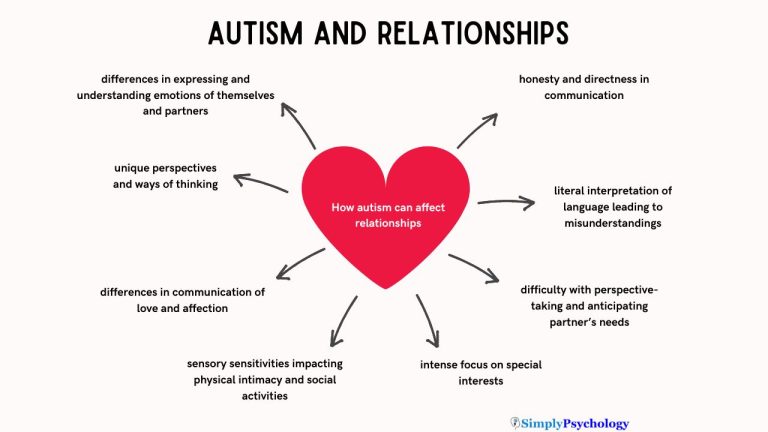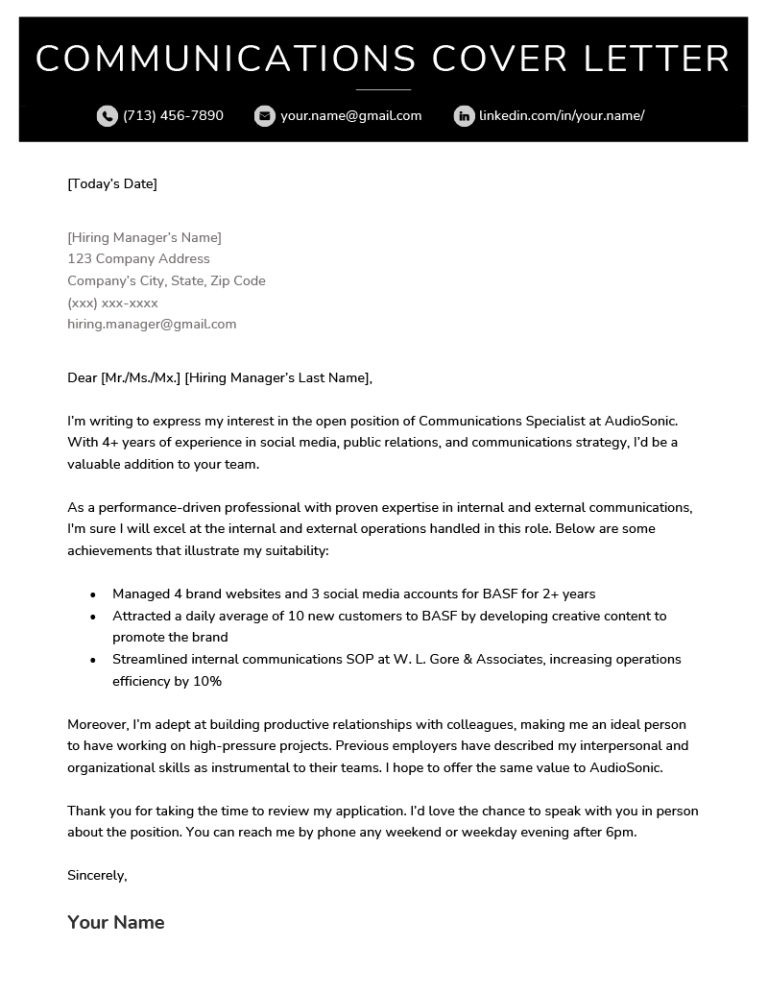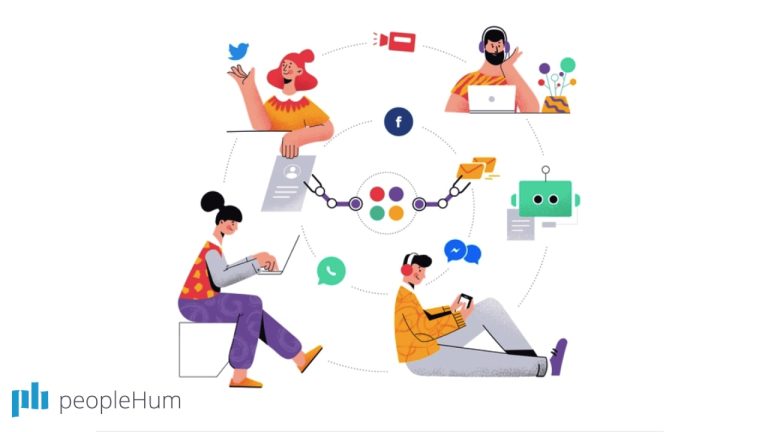How to Ask Good Questions – A Guideline to Better Conversations
Ask open-ended questions and actively listen to the responses. This fosters engaging and meaningful conversations.
Good conversations rely on the ability to ask thoughtful and engaging questions. Open-ended questions encourage detailed responses, creating a dynamic and interactive dialogue. By actively listening and showing genuine interest, you build a stronger connection with your conversation partner. Avoid yes/no questions, and instead, frame inquiries that invite elaboration.
This approach not only enriches the conversation but also demonstrates respect and curiosity. Effective questioning is a skill that enhances personal and professional interactions, making them more fulfilling and productive. Whether in casual chats or professional settings, mastering the art of asking good questions can lead to deeper understanding and more meaningful relationships.
The Importance Of Asking Good Questions
Asking good questions is essential for any meaningful conversation. It helps you understand others better and shows that you are interested. Good questions lead to better communication and stronger connections.
Enhancing Communication
When you ask clear and thoughtful questions, you make communication easier. Good questions help you get the information you need. They also make the conversation more enjoyable for everyone.
Here are some tips to enhance communication through questions:
- Be specific: Ask about a particular topic.
- Be open-ended: Use questions that require more than a yes or no answer.
- Be curious: Show genuine interest in the response.
Building Connections
Good questions help you build connections with others. They show that you care about what others think and feel. This makes the other person feel valued and understood.
Consider these ways to build connections through questions:
- Ask about experiences: People love to share their stories.
- Show empathy: Ask how they felt in certain situations.
- Follow up: Ask additional questions based on their answers.
| Question Type | Example |
|---|---|
| Open-ended | What did you enjoy about your trip? |
| Specific | What is your favorite book? |
| Empathetic | How did that make you feel? |
Types Of Questions
Asking good questions can lead to better conversations. The type of question you ask can shape the flow of the conversation. Understanding different types of questions can help you communicate effectively and gather useful information.
Open-ended Questions
Open-ended questions encourage detailed responses. They allow the person to share their thoughts freely. These questions usually start with “how,” “why,” or “what.”
- What did you think about the movie?
- How was your day at school?
- Why do you enjoy reading books?
These questions help in understanding someone’s feelings and opinions. They make the conversation more engaging and informative.
Closed-ended Questions
Closed-ended questions require short, specific answers. These are often “yes” or “no” questions or involve a choice.
- Did you finish your homework?
- Are you coming to the party?
- Do you like ice cream?
These questions are useful for getting quick information. They help in confirming facts and making decisions quickly.
Using both types of questions can create a balanced conversation. It allows you to gather detailed information and confirm specific facts.
Formulating Effective Questions
Asking good questions is a skill that can improve conversations. To ask effective questions, you need to focus on clarity and relevance. This guideline will help you formulate questions that lead to better understanding and engagement.
Clarity And Precision
Clear questions are easy to understand. Use simple words and short sentences. Avoid using complicated language or jargon.
Be precise in what you ask. Instead of “What do you think?”, try “What do you think about the new project?”. This helps the other person give a specific answer.
Here’s a table to illustrate how to transform vague questions into clear ones:
| Vague Question | Clear Question |
|---|---|
| How is it going? | How is your work on the new project? |
| What about the plan? | What do you think about our plan for next week? |
Relevance To The Topic
Ensure your questions are relevant to the topic being discussed. This keeps the conversation focused and meaningful.
For example, if discussing a new project, ask questions like “What challenges are you facing?” instead of “What did you do over the weekend?”.
Use relevant questions to show you are engaged. This encourages others to share more valuable information.
Here’s an unordered list of tips for maintaining relevance:
- Stay on topic
- Avoid personal questions in professional settings
- Relate your question to the main subject
By following these guidelines, you can ask better questions. This leads to more productive and engaging conversations.
Techniques For Better Questioning
To have better conversations, you need to ask good questions. Good questions open doors to meaningful discussions and deeper understanding. Here are some techniques to improve your questioning skills.
Active Listening
Active listening means fully concentrating on the speaker. This helps you understand their message clearly. Here are some tips:
- Maintain eye contact to show you are engaged.
- Nod or use small verbal cues like “I see” or “Go on”.
- Don’t interrupt; let the speaker finish their thoughts.
- Repeat back or paraphrase what you heard to confirm understanding.
Empathy And Understanding
Empathy involves putting yourself in the other person’s shoes. This builds trust and opens up honest communication. Follow these steps:
- Show genuine interest in the speaker’s feelings and thoughts.
- Ask open-ended questions that require more than a yes/no answer.
- Avoid judgmental or leading questions that could make the speaker defensive.
| Do | Don’t |
|---|---|
| Ask “How did that make you feel?” | Ask “Don’t you think that’s wrong?” |
| Say “Tell me more about that.” | Say “Why didn’t you do it this way?” |
By practicing active listening and showing empathy and understanding, you can ask better questions. This leads to more meaningful and productive conversations.
Common Mistakes To Avoid
Asking good questions is an art. It can lead to better conversations. But, many people make mistakes that hinder the flow. Here, we discuss common mistakes to avoid.
Leading Questions
Leading questions can be problematic. They often suggest a specific answer. This can make the other person feel guided or trapped.
For example, asking, “Don’t you think this is a good idea?” is leading. Instead, ask, “What do you think about this idea?” This allows for an open response.
Overloading With Questions
Overloading someone with questions can overwhelm them. It can make the conversation feel like an interrogation.
Instead of asking many questions at once, ask one at a time. Let them answer fully before moving on.
Consider this table for a better understanding:
| Common Mistake | Example | Better Approach |
|---|---|---|
| Leading Questions | “Don’t you agree this is bad?” | “What are your thoughts on this?” |
| Overloading with Questions | “Where did you go? What did you do? Who did you meet?” | “Where did you go?” |
By avoiding these mistakes, your conversations will improve. You will have more meaningful discussions.
Practicing Good Questioning
Asking good questions is an art that improves communication. It helps in gaining deeper insights. Practicing good questioning can enhance these skills effectively. Let’s explore some practical ways to master this technique.
Role-playing Scenarios
Role-playing is a fun way to practice questioning. It helps simulate real-life situations. Here are some steps to follow:
- Choose a topic to discuss.
- Assign roles to participants.
- Start the conversation and ask questions.
- Switch roles to gain different perspectives.
Through role-playing, you can practice asking open-ended questions. These questions encourage detailed responses. For example, “Can you explain your thought process?” This method helps in refining questioning skills.
Feedback And Improvement
Feedback is crucial for improvement. It helps identify areas that need work. Here’s how to seek constructive feedback:
- Ask a mentor or peer to observe your questioning.
- Request specific feedback on your questions.
- Note down suggestions for improvement.
Regular feedback sessions can greatly enhance your questioning skills. Implementing feedback ensures continuous improvement. Practicing regularly makes it easier to ask good questions naturally.
The Role Of Body Language
Body language plays a crucial part in conversations. It helps convey emotions and intentions. Good body language can improve your questions. It makes others feel comfortable and open to talking.
Non-verbal Cues
Non-verbal cues include gestures, facial expressions, and posture. These cues help in understanding emotions. A smile can show friendliness. A nod can show agreement. Using these cues helps in asking better questions.
Eye Contact And Posture
Eye contact is very important. It shows that you are interested. It helps build trust. Avoid staring too much. Just look at the person naturally.
Posture also matters. Sit or stand straight. It shows confidence. Lean slightly forward. It shows you are engaged. Avoid crossing your arms. It can seem defensive.
Here is a simple table to remember:
| Body Language | Meaning |
|---|---|
| Eye Contact | Interest and Trust |
| Posture | Confidence and Engagement |
| Smile | Friendliness |
| Nod | Agreement |
By using good body language, you can ask better questions. It makes conversations more enjoyable.
Benefits Of Asking Good Questions
Asking good questions can transform ordinary conversations into meaningful interactions. They open doors to deeper understanding and insights. The benefits of asking good questions are immense. Let’s explore some of these benefits in detail.
Fostering Creativity
Good questions ignite creativity. They encourage people to think outside the box. This can lead to innovative ideas and solutions. For instance, asking “What if” questions can spark new perspectives.
Here’s a quick example:
- What if we approached this problem from a different angle?
- How can we make this process more efficient?
Such questions push the boundaries of conventional thinking. They help individuals and teams to brainstorm effectively.
Improving Problem-solving
Asking good questions enhances problem-solving skills. It encourages a deeper analysis of the issue at hand. By breaking down the problem, we find the root cause.
Consider the following questions:
- What is causing this issue?
- Have we faced a similar problem before?
- What steps can we take to resolve this?
These questions guide the problem-solving process. They lead to effective and sustainable solutions.
In summary, the benefits of asking good questions are clear. They foster creativity and improve problem-solving. Start asking better questions today for richer conversations and better outcomes.
Frequently Asked Questions
What Makes A Question Effective?
An effective question is clear, specific, and open-ended. It encourages detailed responses and meaningful conversations.
How To Ask Open-ended Questions?
Ask questions that cannot be answered with a simple “yes” or “no. ” This encourages elaboration and deeper discussion.
Why Is Listening Important In Conversations?
Listening shows respect and understanding. It helps you respond appropriately and keeps the conversation engaging and productive.
Conclusion
Mastering the art of asking good questions can transform your conversations. It fosters deeper connections and understanding. Practice active listening and stay curious. Use open-ended questions to encourage dialogue. Remember, the quality of your questions determines the quality of your conversations.
Start today and see the positive impact on your interactions.




